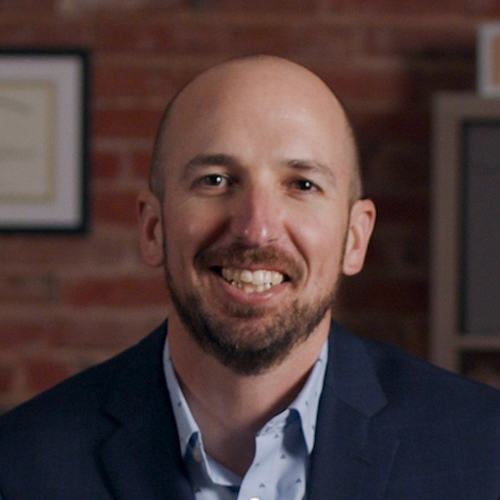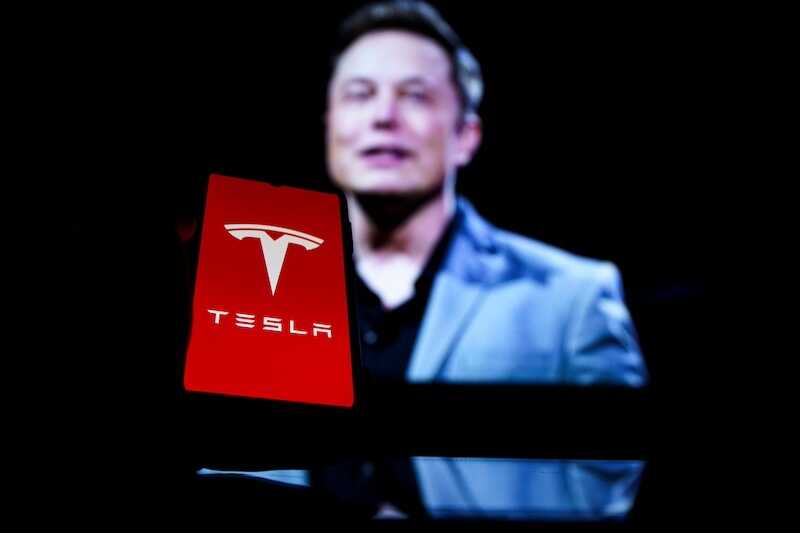The Energy Sector Will Change Our Economy and the Way We Invest
Andy Snyder|May 28, 2021

A major economic shift is underway.
Few folks are talking about it. Those who are don’t yet seem to grasp the magnitude of what’s happening.
Earlier this week, a Dutch court dealt the oil industry a very big loss. It said Royal Dutch Shell must cut its carbon dioxide emissions by 45% by 2030.
The court said the company’s emissions pose a “very serious threat” to Dutch residents.
Yikes.
The folks behind the case called it “a turning point in history.”
But there’s more to the story… a lot more.
The same day Shell got its news, shareholders of Exxon and Chevron cast some historic votes of their own.
This morning, it’s quite clear that the industry will never look the same.
A Clean Vote
We’ve taken some heat in the past for telling our readers that all this talk of socially conscious investing is bunk. Instead of shunning the companies we don’t agree with… we should own them and change them from the inside.
That’s what a group known as Engine No. 1 – a hedge fund that owns just a tiny sliver of Exxon’s shares – has done.
In a tremendously expensive proxy fight, the activist investors appear to have won at least two of the board seats they’d campaigned to grab. The new folks will push the company toward a carbon-neutral business model… a huge move for one of the world’s biggest oil explorers and refiners.
But the news on Wednesday kept rolling.
Chevron’s investors revolted too.
Nearly two-thirds of them voted to cut what are called “Scope 3” emissions.
It’s a big move… considering that Scope 3 emissions are those of its customers.
In the simplest of terms, Chevron investors just voted to spend billions of dollars to reduce and offset the pollution that comes from others using the company’s products.
Perhaps the company’s CEO summed up what’s happening in the industry best when he said his firm’s new mantra is “higher returns, lower carbon.”
It represents a huge shift in one of the most economically powerful industries on the planet.
The Petrodollar Becomes the Green Dollar
Let’s remember, wars have been fought over oil.
It’s the commodity that allowed the American dollar to become the world’s reserve currency.
And it’s been the natural resource that’s dictated a country’s economic and political wealth.
And, just this week, the companies behind it all had the door slammed on them.
The effects will be tremendous.
What’s happening won’t change just how we fuel our cars and heat our homes. Those will be just the surface-level effects.
Much deeper, all of this will affect how the government does business… who has power… whose currency has strength… and, perhaps most scary, which businesses will succeed.
Whether you stand behind the climate initiatives or not, this trend – especially the Dutch court’s ruling – will affect your investments and how much you make.
It gives immense power to the government to determine who wins and who loses – in many cases, using arbitrary numbers.
It gives the political class – especially the radical political class – incredible new power.
And it gives the wealth-redistributors some very hefty ammo.
Taxes Will Rise
Take the quickly growing idea of a carbon tax. Canada has had one for two years now.
It’s part of the Canadian government’s Healthy Environment and Healthy Economy program… which comes with a very apt acronym – HEHE.
The tax started at $20 per metric ton of carbon dioxide. Now it’s up to $40. Next year, it will rise to $50. After that, it will rise another $15 annually until it reaches a whopping $170 per ton in 2030.
Our friends up north are telling us the tax is already raising the costs of shipping their products, going to work and living day to day.
All told, watchdogs believe the added costs will lead to the demise of 184,000 jobs.
But here’s the rub. Estimates show that the $170-per-ton tax isn’t good enough. The price would have to rise to $243 per ton for Canada to meet the strict standards set in the Paris climate agreement – the same standards Shell was just held to.
You can see where this is going.
Here in the States, politicians are gearing up for a new carbon tax. It’s coming.
New York has plans. California wants in. And there’s no doubt the folks in D.C. want to go national with the idea.
Rumor has it that even a modest carbon tax could generate more than a trillion dollars within a decade.
States like New York say they’d use the proceeds to pay for renewable energy projects, to help low- and middle-income folks pay their energy bills and to support all the folks who will lose their fossil fuel-related jobs.
In other words, it will use the tax to grow the role of the government.
Change… Don’t Ignore It
But we don’t want to stray into the world of politics. That’s not our point with this – too many beggars and pickpockets.
Our point is that big change is afoot.
It will change our investments, our economy and the global political structure.
Don’t be stubborn.
It’s quite easy to put a foot down and let political differences sway your decisions. But don’t do it.
It’s dangerous.
In the end, it will only cost you your wealth and, ultimately, your freedom… a big victory for the very forces you’re fighting against.
Big change is coming.
It means you must change the way you invest.

Andy Snyder
Andy Snyder is an American author, investor and serial entrepreneur. He cut his teeth at an esteemed financial firm with nearly $100 billion in assets under management. Andy and his ideas have been featured on Fox News, on countless radio stations, and in numerous print and online outlets. He’s been a keynote speaker and panelist at events all over the world, from four-star ballrooms to Capitol hearing rooms.





